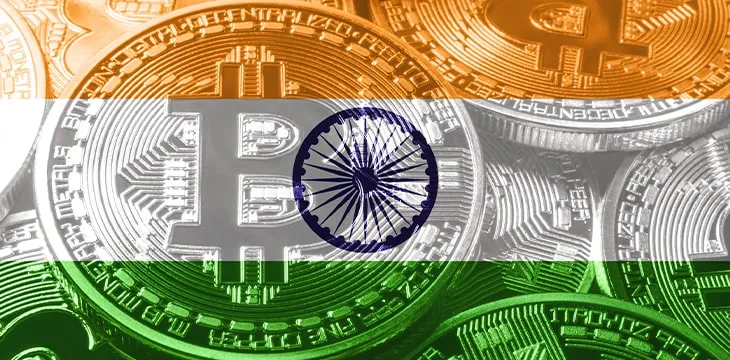|
Getting your Trinity Audio player ready...
|
India’s Ministry of Electronics and Information Technology (MeitY) is the latest Indian government agency to pay attention to the digital currency market. A new directive issued by the Indian Computer Emergency Response Team (CERT-in), a subdivision of MeitY, introduces new data collection requirements for digital currency firms.
CERT-in mandates all virtual assets service providers, digital currency exchanges, and custodial wallet providers to store all the information of their users for five years; this includes Know Your Customer (KYC) and records of financial transactions.
“The virtual asset service providers, virtual asset exchange providers and custodian wallet providers (as defined by the Ministry of Finance from time to time) shall mandatorily maintain all information obtained as part of Know Your Customer (KYC) and records of financial transactions for a period of five years so as to ensure cyber security,” the directive said.
Similarly, the directive also applies to data centers, Virtual Private Server (VPS) providers, cloud service providers, and Virtual Private Network Service (VPN Service) providers. The rule is set to come into force by June 22.
CERT-in expects that the specified bodies will comply with any requests for the data within six hours if the need arises. This will help the ministry tackle cybersecurity threats swiftly, the body stated.
Is India driving out the digital currency market?
While CERT-in noted that the rule is backed by India’s Information Technology Act of 2000 relating to information security practices, procedures, prevention, response, and reporting of cyber incidents for safe & trusted internet, controversy remains.
One Indian user on Twitter noted that the rule amounts to the government taking control of the private life of citizens and is unconstitutional. Meanwhile, the rule is also an addition to the other recent laws that have impacted the Indian digital currency market.
Back in March, the Indian parliament passed the Finance Bill 2022-2023, which introduced a new tax regime for digital assets, including currencies and NFTs. The budget proposed by Finance Minister Nirmala Sitharaman imposes a 30% tax on gains made from trading or gifting the assets.
India still does give digital currencies clear recognition. The National Payments Council of India (NPCI), which operates the state-backed Unified Payments Interface (UPI), continues to give digital currency exchanges a tough time.
Reuters reports that several major exchanges have ended deposits and withdrawals of the rupee through the system. All of these have significantly affected the trading volume of the exchanges and the desire of new digital assets firms to exit the country.
Watch: CoinGeek New York panel, Bitcoin & Blockchain – Can Real Value Come from Real Utility?
https://www.youtube.com/watch?v=IBAJr8vP5Bw

 09-18-2025
09-18-2025 





